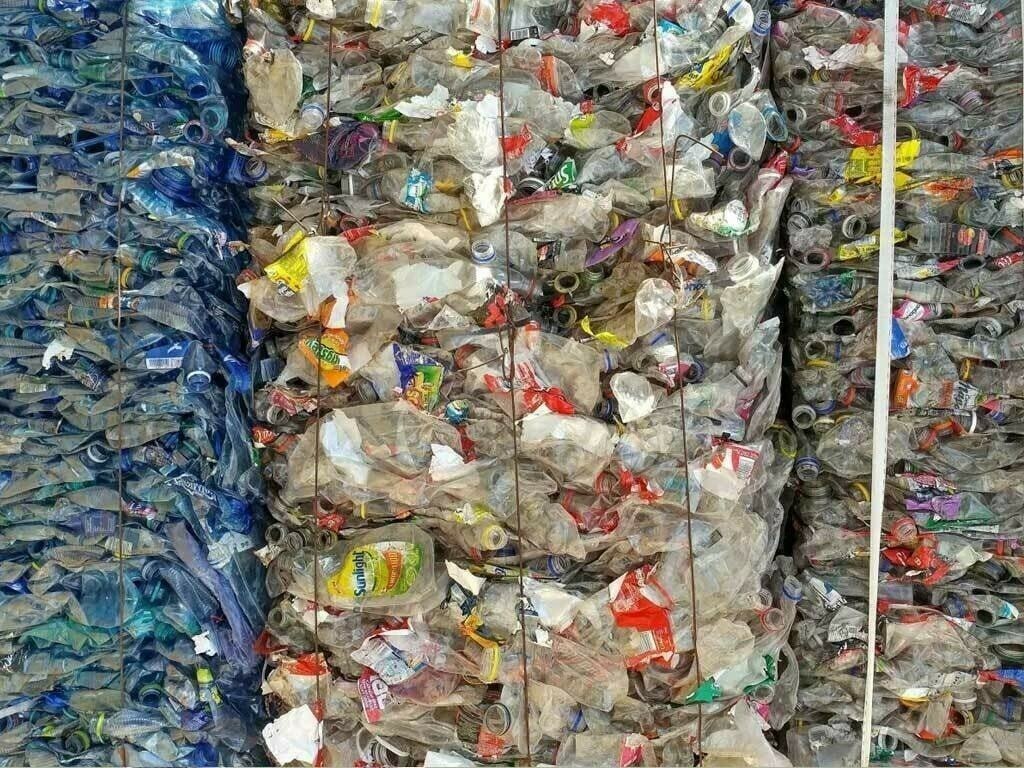Pakistan’s Plastic Pollution Crisis: An Urgent Call for Action

M.Zubair Anjum:
Islamabad: Plastic pollution is one of the most pressing environmental challenges faced by Pakistan today. With increasing urbanization, changing consumption patterns, and inadequate waste management systems, the country is struggling with the dire consequences of plastic waste. Pakistan generates approximately 3.9 million tons of plastic waste each year, a significant portion of which is not disposed of properly, leading to severe environmental degradation. Key contributors to this issue include inadequate waste management infrastructure, the rising use of single-use plastics, and a lack of public awareness.
The causes of plastic pollution in Pakistan are multifaceted, involving social, economic, and political factors. As Pakistan’s economy grows, so does its consumption of plastic products. Urbanization has led to increased waste generation, putting immense pressure on existing waste management systems. Additionally, only 6% of Pakistan’s plastic waste is recycled, while the rest ends up in landfills or water bodies, exacerbating the issue due to the lack of sufficient recycling facilities. Cultural attitudes towards waste also play a role, as many communities prioritize convenience over environmental sustainability, leading to widespread plastic pollution.
Plastic pollution poses significant threats not only to the environment but also to public health. Decomposing plastics leach harmful chemicals into soil and water sources, causing contamination. Wildlife is also at risk, as animals often ingest plastic debris, leading to injury or death. Furthermore, microplastics have been found in food and drinking water, posing potential health risks to humans. The severity of the issue is evident in cities like Lahore, where approximately 6,000 tons of waste are generated daily, much of it plastic, leading to clogged drainage systems that worsen flooding during monsoon seasons. Similarly, Karachi’s beaches suffer from heavy plastic pollution, affecting marine life, tourism, and local fishing communities that depend on clean waters.
Addressing plastic pollution in Pakistan requires coordinated efforts from the government, industries, and communities. Policy reforms should focus on enacting stricter regulations on plastic production and consumption while promoting biodegradable alternatives. Community awareness campaigns can play a vital role in educating the public about the environmental and health impacts of plastic waste, encouraging responsible disposal and recycling practices. Additionally, investing in recycling facilities and promoting recycling behavior among citizens can help manage plastic waste more effectively.
Plastic pollution in Pakistan is a critical environmental issue that demands urgent action from all sectors of society. By increasing awareness, reforming policies, and promoting sustainable practices, Pakistan can combat this crisis and work towards a cleaner, healthier environment for future generations. The responsibility lies with everyone—governments, businesses, and individuals—to take proactive steps in reducing plastic waste. Together, we can be the change that protects our planet.





